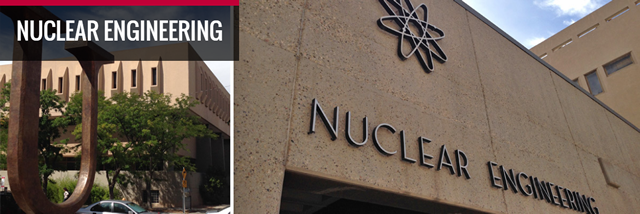
Nuclear Engineering ETDs
Publication Date
7-12-2014
Abstract
In inertial confinement fusion (ICF), the kinetic ion and charge separation field effects may play a significant role in the difference between the measured neutron yield in experiments and the predicted yield from fluid codes. Two distinct of approaches exists in modeling plasma physics phenomena: fluid and kinetic approaches. While the fluid approach is computationally less expensive, robust closures are difficult to obtain for a wide separation in temperature and density. While the kinetic approach is a closed system, it resolves the full 6D phase space and classic explicit numerical schemes restrict both the spatial and time-step size to a point where the method becomes intractable. Classic implicit system require the storage and inversion of a very large linear system which also becomes intractable. This dissertation will develop a new implicit method based on an emerging moment-based accelerator which allows one to step over stiff kinetic time-scales. The new method converges the solution per time-step stably and efficiently compared to a standard Picard iteration. This new algorithm will be used to investigate mixing in Omega ICF fuel-pusher interface at early time of the implosion process, fully kinetically.
Keywords
moment based accelerator, plasma physics, inertial confinement fusion, mix, kinetic, HOLO
Document Type
Dissertation
Language
English
Degree Name
Nuclear Engineering
Level of Degree
Doctoral
Department Name
Nuclear Engineering
First Committee Member (Chair)
Knoll, Dana
Second Committee Member
Oliveira, Cassiano
Third Committee Member
Sulsky, Deborah
Recommended Citation
Taitano, William. "Moment-Based Accelerators for Kinetic Problems with Application to Inertial Confinement Fusion." (2014). https://digitalrepository.unm.edu/ne_etds/7
